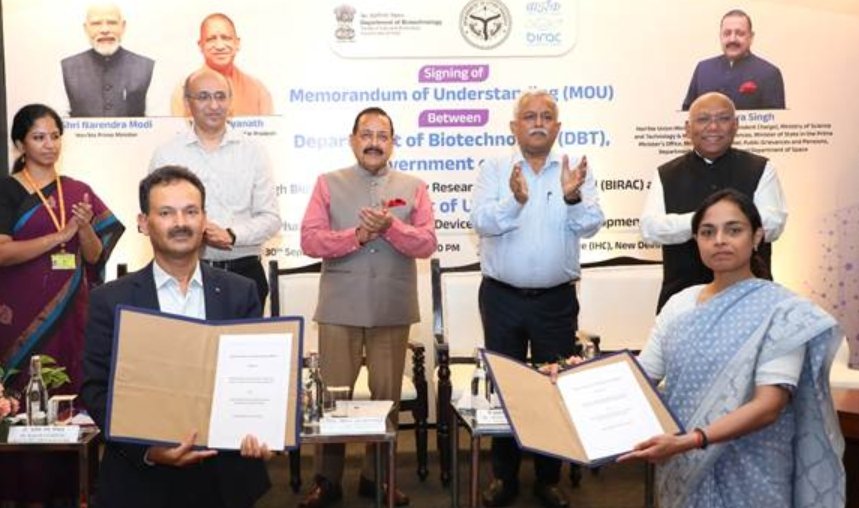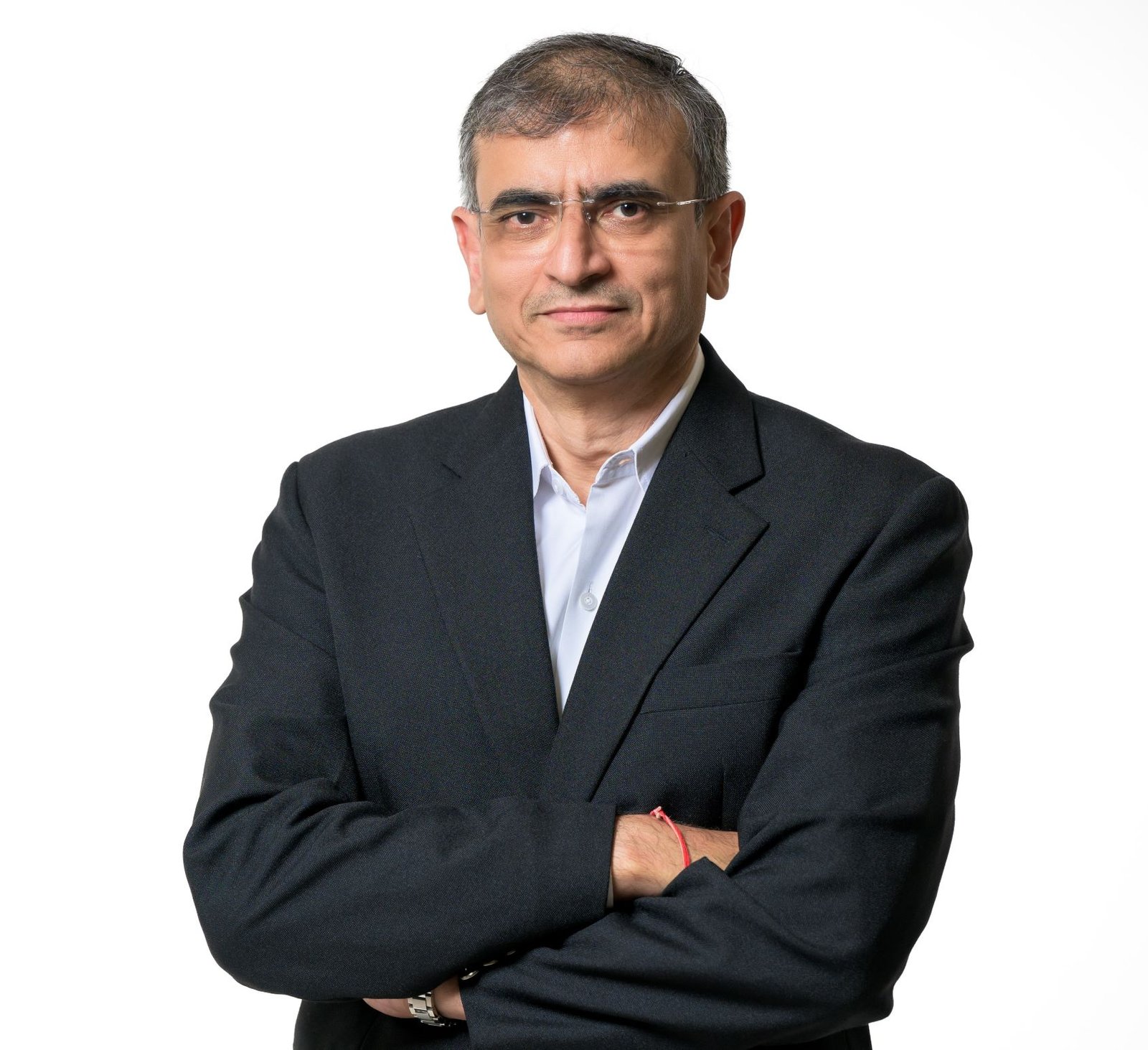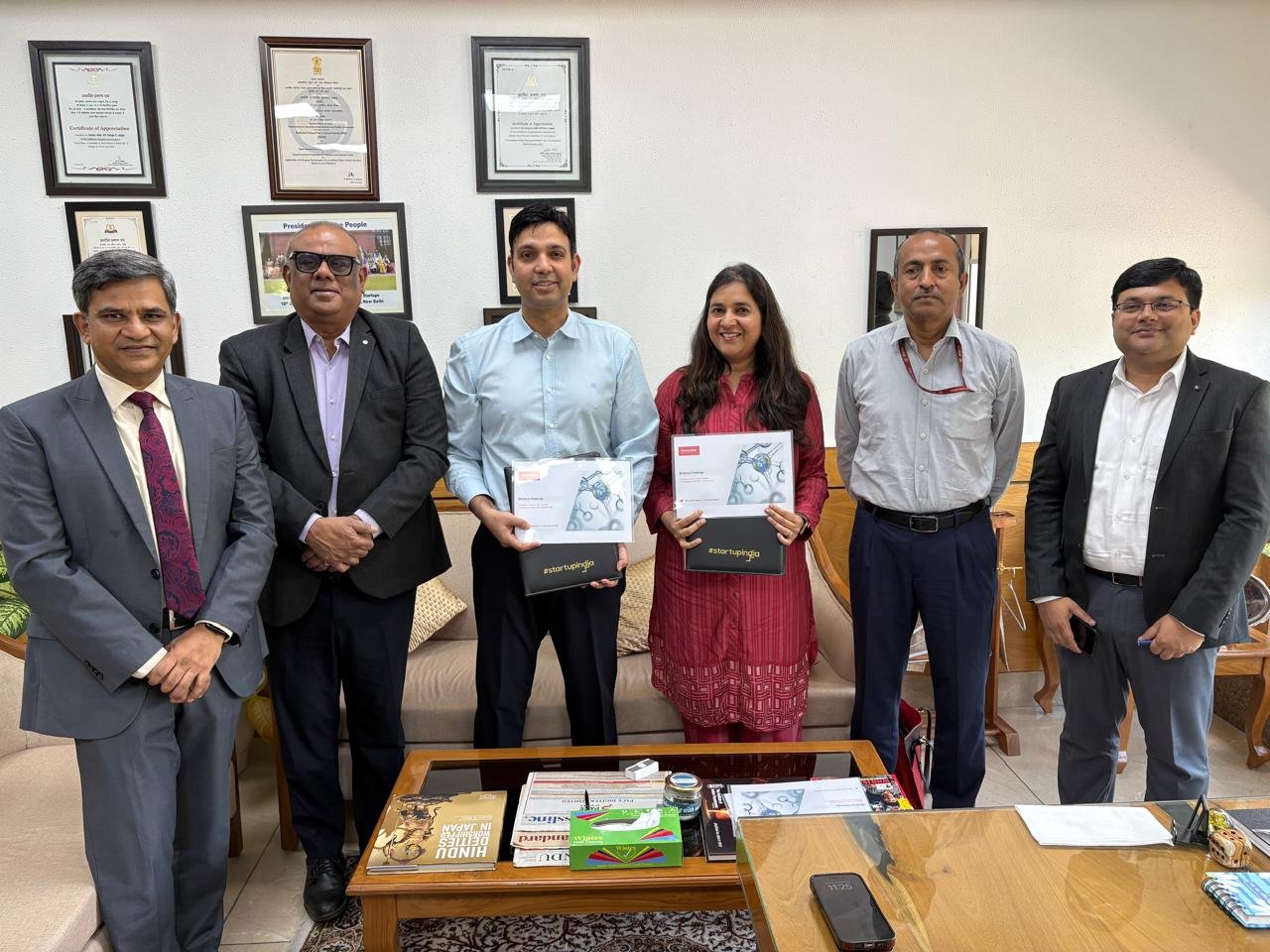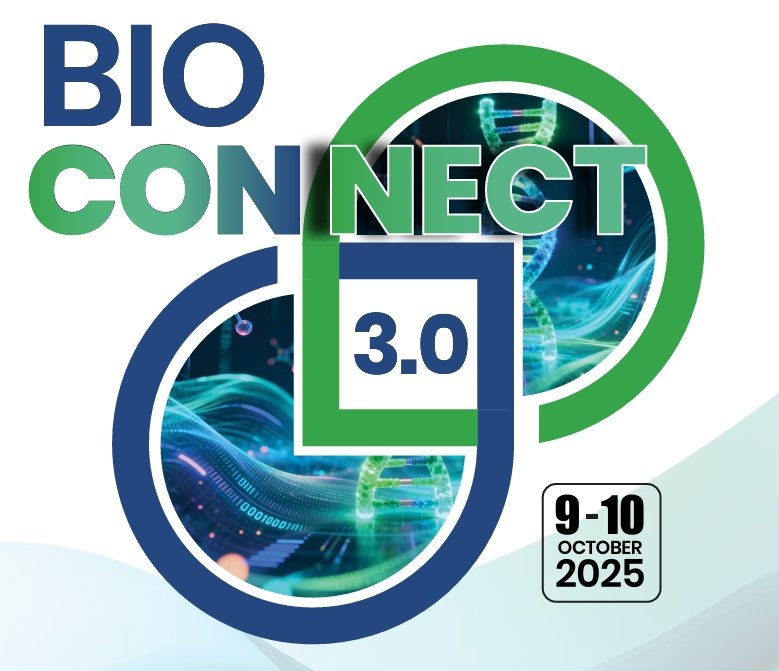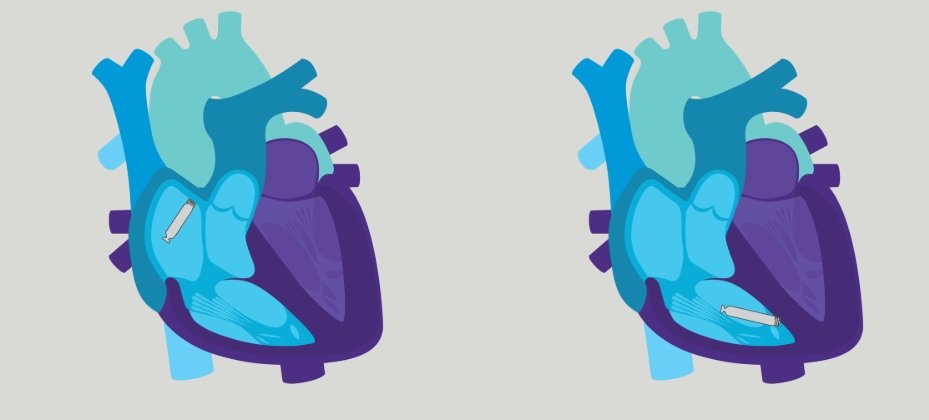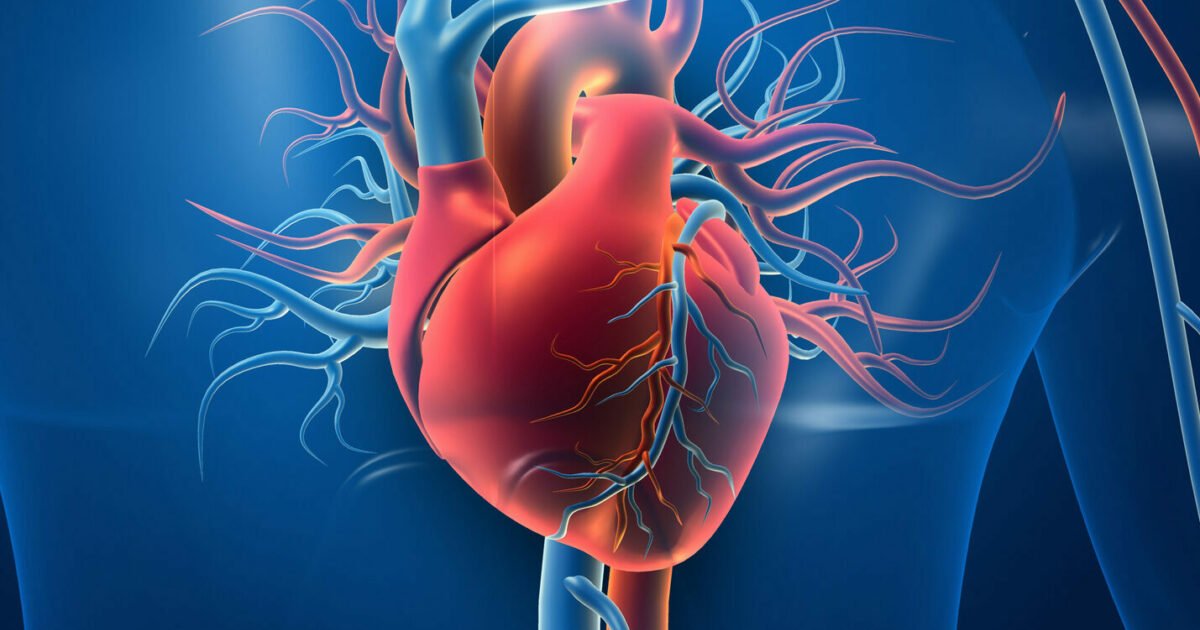Biopharma consolidating
March 15, 2006 | Wednesday | News
Biopharma consolidating
Biopharma consolidating
Both India and China have become World Trade Organisation (WTO)-compliant
by meeting the numerous drug regulatory standards issued by the International
Conference on Harmonization guidelines and the US Federal Drug Authority. The
standards such as good clinical practices (GCP) have to be complied with-especially
in the case of contract research organization (CRO) operations-to ensure
long-term credibility. There are close to 70 FDA approved manufacturing
facilities in India. BioSpectrum Advisory Services is working on a detailed
report on this. In 2005-06 about 10-15 facilities are likely to get the FDA
approvals. Clearly India is positioned to become a manufacturing hub.
India may become largest vaccine producer
There is a huge unmet need in emerging markets, which can
been catered to only with a focused approach, driven by support from the leading
vaccine manufacturers and increased role of private-public partnerships. New
analysis from Frost & Sullivan Global Vaccines Markets, reveals that
vaccines markets earned revenue of $9,925.5 million in 2005 and estimates to
reach $20,019.1 million in 2012.
India has traditionally been a volume player, accounting for
approximately a third of global sales, but a 10 percent share in value terms.
"In order to achieve global leadership, Indian companies need to move
towards a more value driven model comprising a mixed portfolio of products,
targeting both developed and developing countries. This needs to be supplemented
with aggressive marketing and cost effective R&D and manufacturing,"
said Utkarsh Palnitkar, health sciences industry leader, Ernst& Young India.
The report also adds that unlike most of the
biopharmaceutical markets, vaccines possess certain district facets, which
enhance India's competitiveness. These include the presence of large
institutional buyers, the generics-driven nature of the market and relatively
lesser interest from large multinational players, who are increasing focusing on
developing blockbuster drugs.
Renewed R&D focus
Indian and Chinese drug discovery outsourcing market is
riding a crest with companies from outside Asia increasingly seeking to
outsource drug discovery to these countries for greater cost savings. Other
major factors driving this shift to Indian and Chinese companies are the better
access to expertise, productivity gains, process improvements, and variable
costs, avoidance of capital outlays and opportunities for companies to focus on
specific niches.
The $7.3 billion Indian and Chinese drug outsourcing
discovery market is evolving, with both gaining an edge in the global arena by
producing a continual pipeline of drugs, which are approved faster than those
produced in western countries. Both countries are uniquely positioned to manage
and deal with the pressures to enhance clients' profitability, increase
shareholder value and utilize the potential of new drug discovery
technologies."Governments' initiatives to diversify the industry's drug
discovery portfolio and develop infrastructure are expected to drive the growth
rate of the drug discovery outsourcing market in India and China to reach $19.8
billion in 2011," said Dr Amarpreet Dhiman, EMEA Drug Discovery
Technologies Team Leader , Frost & Sullivan.
50 branded biotech drugs
The Indian market too witnessing considerable growth in
recombinant products. There were 50 branded biotech drugs in India and this
figure could increase to 100 by 2010. In 2003-04, the Department of
Biotechnology (DBT) estimated the domestic market for recombinant therapeutics
at about Rs 405 crore. It represents about 3.2 percent of the total Indian
pharmaceutical market and 1.6 percent of the world market for recombinant
therapeutics. But according to a report on Recombinant DNA Therapeutic Products
published by Technology Information, Forecasting & Assessment Council (TIFAC)
in 2002, the market of approved recombinant therapeutics has been estimated to
be about Rs 535.7 crore, which is approximately 3.2 percent of the total
pharmaceutical market of Rs 165 billion in the country. However, with IPR in
place in India opportunities exist for speeding up production facilities, based
on licensing and other forms of cross-border relationships for all therapeutic
products approved for marketing in India, namely Insulin, alpha interferon,
hepatitis B surface antigen based vaccine, erythropoietin, streptokinase, and
others.
The erythropoietin market in the country has been on the
rise, growing at a rate of 20 percent. The EPO market was estimated at about Rs
75 crore. G-CSF market is about Rs 20-25 crore and growing at a rate of 25-30
percent. Similarly the FSH market is about Rs 20-25 crore with growth rate of 20
percent. Now the present market size for interferon is about Rs 55 crore. It is
growing at rate of 30-40 percent. The insulin market in India is about Rs 251
crore and the human insulin market is growing at the rate of 40.5 percent. The
present Hepatitis B vaccine market itself is about Rs 100 crore with huge growth
potential. The Streptokinase market in the country is about Rs 80 crore growing
at a rate of 25 percent. Considering the overall, recombinant biotech market in
India at present is in the range of Rs 500–600 crore growing at a rate of 20
percent.
Of the 14 recombinant biotech products available in the
country, local companies have set up the expertise to develop and manufacture
seven recombinant biotech products namely Hepatitis B Vaccine, Streptokinase,
human Insulin, G CSF, Erythropoietin, Human Growth Hormone and Interferon alpha
2b. The rest all are imported and marketed in India.
The indigenous production of these products by local
companies has resulted in the drastic reduction of prices and at the same time
led to increased consumption.


